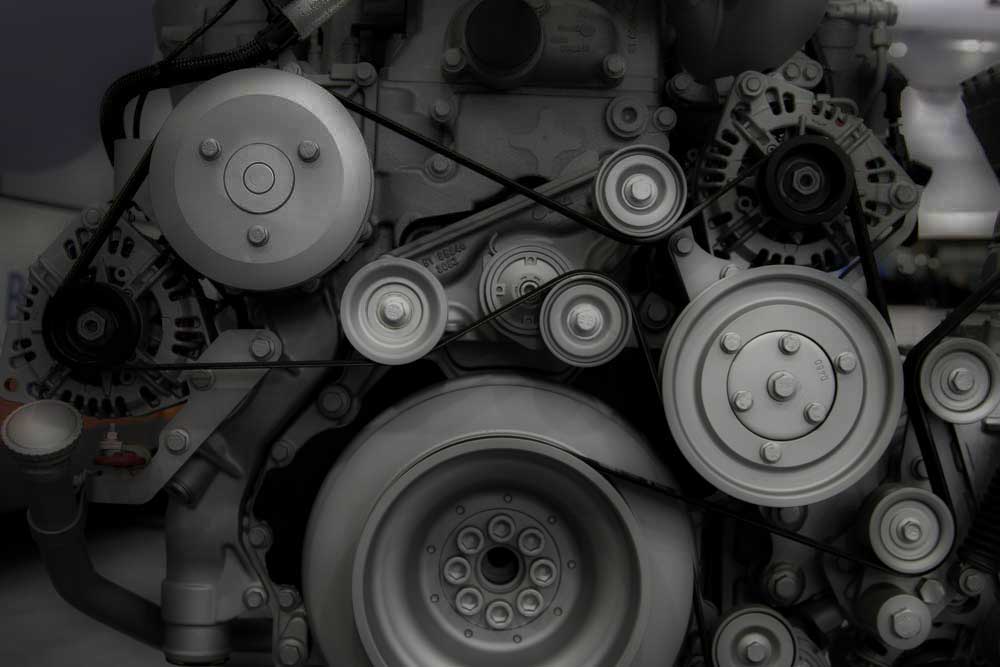Shasta Union High School District & Shasta College have partnered with the California Community College Advanced Transportation Technology and Energy Initiative (ATTEi) & Northern ATRE to grow canola seed for an experimental alternative fuel project.
Ross Hamilton was just looking for a cheaper way to fuel his farm equipment. What he ended up with is a cutting-edge biodiesel project that ultimately could become a state model for farmers to grow their own fuel.
“The ATRE wants this to be a beta site,” said Suzanne Clark, assistant project director with Shasta College’s Small Business Development Center.
Hamilton is Shasta Union High School District’s Agriculture Department Chair and runs the district’s 25-acre farm off Eastside Road south of downtown Redding.
Ross Hamilton and agriculture teacher Noah Corp had their students plant 3 acres with canola, a special type of rapeseed related to mustard. Processed canola oil can be used to manufacture biodiesel. Hamilton, Corp and their students will harvest the crop and manufacture biodiesel to be used in the farm’s trucks and tractors. The high school students are doing all the work on this project.
The farm is the first one in the north state to grow the crop and is doing it on nonirrigated fields. Being able to do it without irrigation water is key. The project is funded through a state grant from the California Community College Advanced Transportation Technology and Energy Initiative.
Since 1952 the Shasta Union High School District has had its farm, and it’s always been self-sufficient. In order for the farm to remain with the district, it has to remain self-sustainable. It was that fact that got the instructors thinking about cheap fuel. They could keep costs down on the farm, which raises hay, hogs and cows, if they didn’t have to pay so much for diesel.
Growing canola and producing biodiesel puts this High School farm on the cutting edge of the rapidly burgeoning field of alternative fuel technology.












